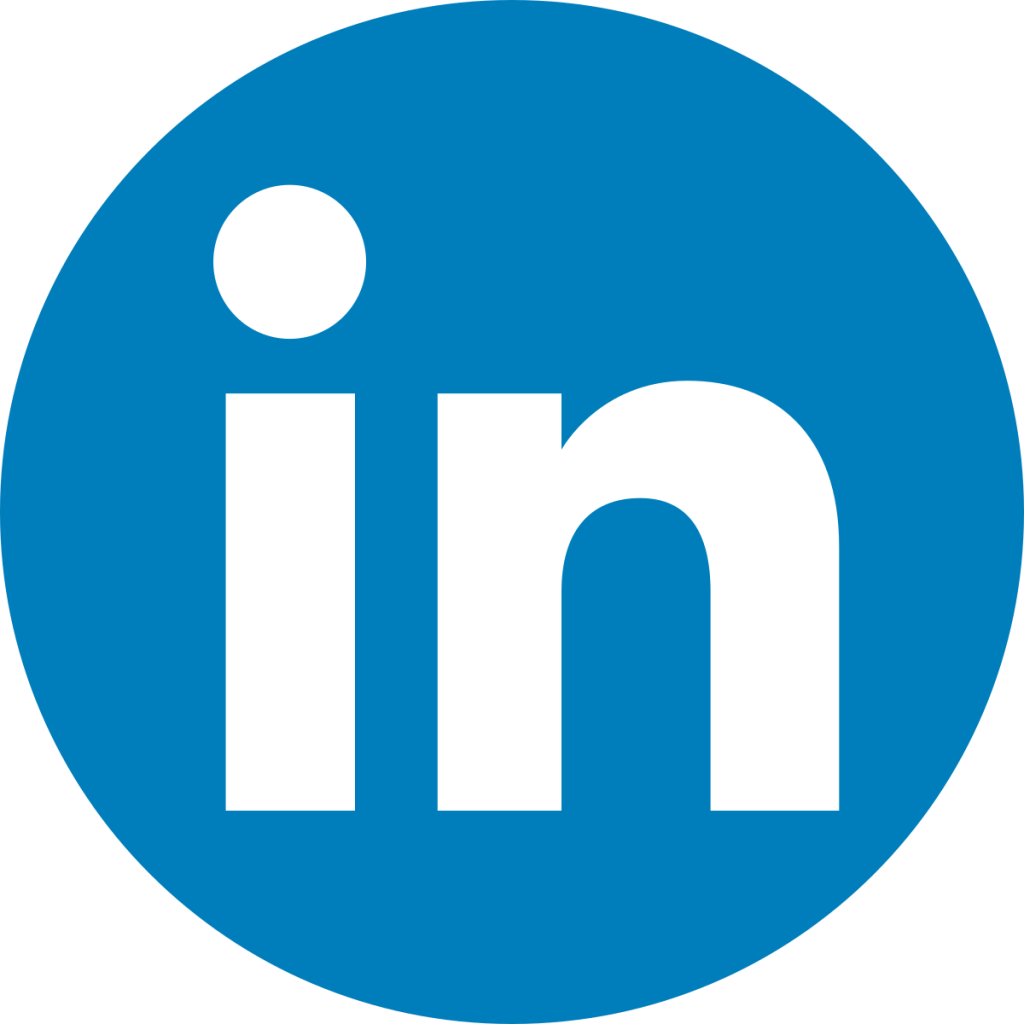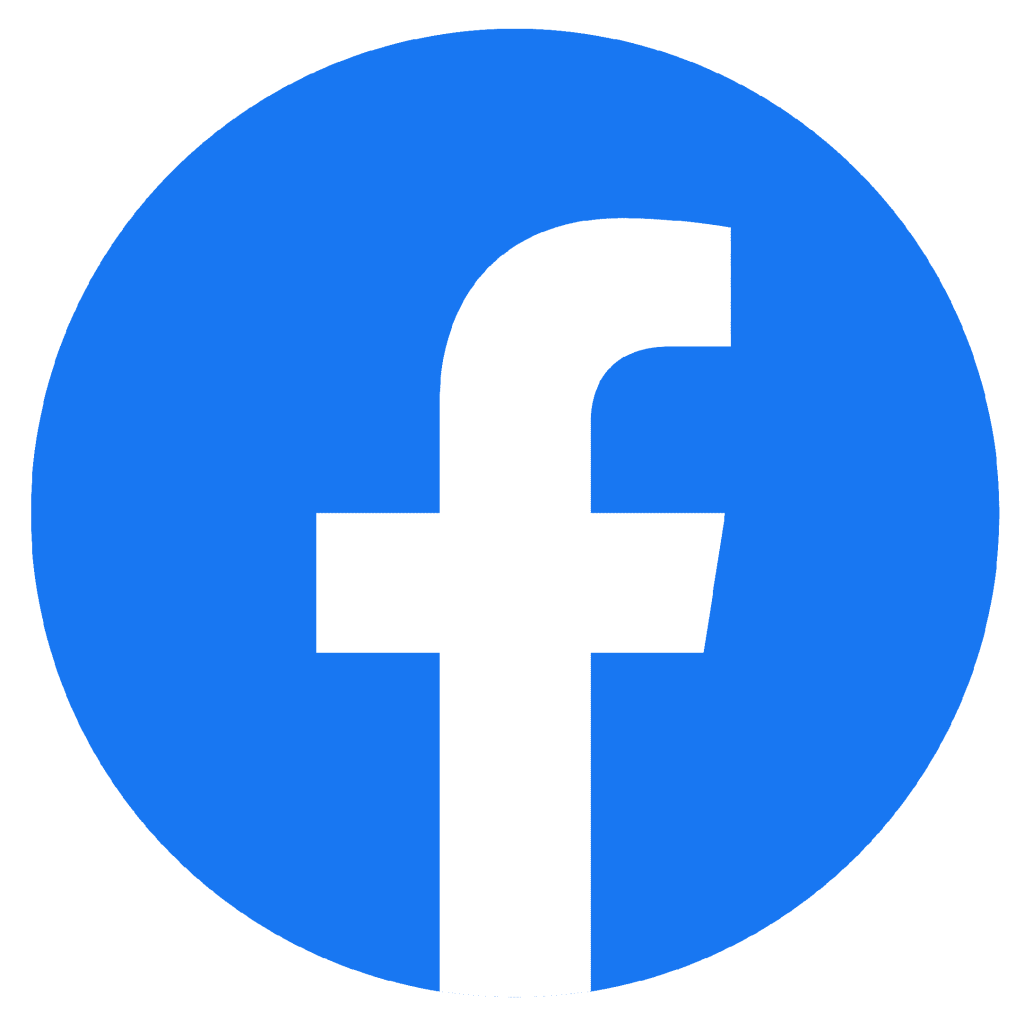Disconnected Youth?
Communispace, a global consumer collaboration consultancy, recently released a report entitled “Healthcare without Borders: How Millennials Are Reshaping Health and Wellness,” in which they detail this new generation’s growing dissatisfaction with the current healthcare landscape and how they are shifting the paradigm through their health and wellness behaviors.
To gather their information, Communispace researchers conducted online surveys and qualitative explorations of more than 1,300 millennials (aged 18 to 32) and 800 non-millennials total. The results seem disconnected from traditional views of healthcare and likely reflect the major social, financial, and political upheaval that this generation has already witnessed in their lives, including the Great Recession and the signing and implementation of Obamacare.
Millennials’ Fresh Perspectives on Healthcare
According to the report, millennials are highly suspicious of both government health agencies and health insurance companies, with 49% feeling that the government is to blame for the problems with the healthcare system in the United States and 26% placing the blame at the doorstep of health insurance companies. A staggering 37% rate the state of healthcare in the United States as either “poor” or “terrible,” and although that might seem excessive, the numbers are what they are, which signals the need for new approaches in order to regain consumer trust.
As a result of their collective doubt in the American healthcare system, millennials are more reluctant to participate in traditional healthcare systems and processes. For instance, only 55% stated that they would visit a physician immediately if they discovered a lump on their neck and 36% would attempt to treat it themselves before visiting a doctor. Those who are willing to seek medical attention are more likely to have visited urgent care centers or emergency rooms than their non-millennial counterparts (instead of scheduling appointments to a doctor’s office), which indicates their need for expedient care and speedy resolution to their issues.
Furthermore, very few millennials consider medical and dental checkups, cancer screenings, or vaccinations to be important elements of maintaining a healthy lifestyle. In fact, maintaining a healthy work/life balance was ranked higher than any of the touchpoints previously listed, which might not be surprising considering their youth, but this mentality is still a major shift from previous generations who were more apt to adhere to established healthcare practices.
New Opportunities for Insurance Brokers
As millennials reshape the healthcare industry through their beliefs and behaviors, there is a golden opportunity for health insurance brokers to refine their techniques and capitalize on this unique market segment. But given the galvanized front this generation presents, attempting to change their opinions about traditionally accepted modes of healthcare would be difficult, if not impossible.
Instead, the healthcare industry should be taking measures to adapt to this new demographic who will likely be dictating terms for several decades to come. Traditional medicine remains as vital as ever, but there has to be room for adapting to emerging technology, behaviors, and beliefs.
According to Katrina Lerman, senior researcher at Communispace and the author of the study:
“Healthcare is no longer something confined to the traditional channels of the hospital and the doctor’s office. It’s happening in a discussion with a friend over coffee, an online search in the drugstore, or a lunchtime yoga class. Brands that can internalize and integrate these new millennial values have the opportunity to partner with consumers to create the healthcare future we all want to see.”
One way in which brokers can more closely identify with millennials is to focus on technology. According to the report, millennials are nearly twice as likely to use a health or wellness app on their smartphone or device (35%) than non-millennials (18%). And 27% of those who do are willing to share that data and have few security concerns about doing so. As a response, many hospitals and healthcare networks are now creating mobile apps and customized online experiences to better communicate with current and potential patients on issues ranging from billing to wellness reminders.
Millennials are also far more likely than other generations to seek medical advice from friends or online sources, at least for non-urgent health situations. This includes social media platforms and crowd-sourced sites such as Wikipedia ― hardly trustworthy or reliable sources ― that offer immediate (and often incorrect) answers to serious medical questions. However, members of the healthcare industry can capitalize on this digital reliance by creating and delivering timely and informative content through numerous channels, including email, blog content, and mobile alert notifications.
Lastly, millennials are taking a more holistic approach to their health and wellness than previous generations. Over 25% of those polled say that they incorporate natural, organic, and non-toxic products into their health and wellness routines. And despite their reliance on mobile apps and other digital technology, nearly 25% of millennials feel that it is important to unplug from their devices, and 55% feel that a healthy mind leads to a healthy body rather than the other way around. Therefore, it’s important that caregivers and insurance brokers alike begin to investigate the impact of mental and emotional health on the individual’s physical wellbeing, perhaps by championing the benefits of meditation, massage, support groups, and more.
References
Rupp, S. (2015, January 26). Millennials are reshaping healthcare. Multi Briefs. Retrieved from http://exclusive.multibriefs.com/content/millennials-are-reshaping-healthcare/medical-allied-healthcare
Wanstrath, K. (n.d.). 7 ways millennials are changing the healthcare industry (and what that means to you). Team HFA. Retrieved from http://www.teamhfa.com/news




